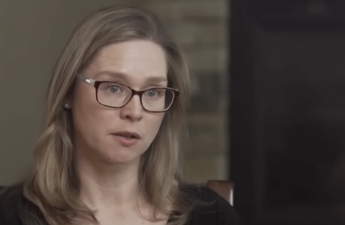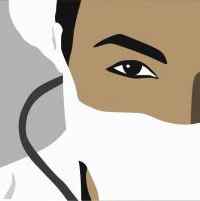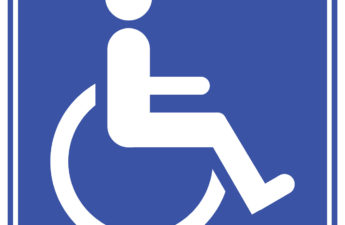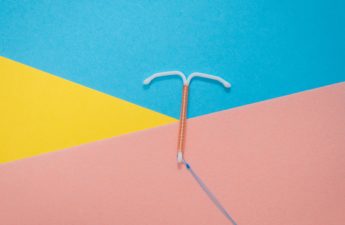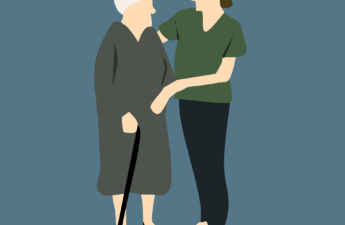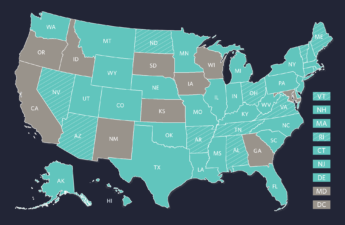Category: Healthcare Providers
After Idaho’s Strict Abortion Ban, OB-GYNs Stage a Quick Exodus
Later this month, the hospital, founded in 1949 near the shores of Lake Pend Oreille, will stop providing services for expectant mothers, forcing patients across northern Idaho to travel at least an additional hour for care. In June, a second Idaho hospital, Valor Health, in the rural city of Emmett, will also halt labor and delivery services. Those decisions came within months of Idaho’s abortion ban, one of the nation’s strictest.
Unconscious biases continue to hold back women in medicine, but research shows how to fight them and get closer to true equity and inclusion
Implicit bias is any unconscious negative attitude a person holds against a specific social group. These unconscious biases can affect judgment, decision making and behavior. Implicit bias is often one of the underlying issues that leads to discriminatory practices or harassment that diversity, equity and inclusion policies are meant to address.
Addiction Treatment May Be Coming to a Pharmacy Near You
new study showed patients who receive the medicine at pharmacies rather than at doctor’s offices stayed in treatment longer.
Doctors Are Disappearing From Emergency Rooms as Hospitals Look to Cut Costs
This staffing strategy has permeated hospitals, and particularly emergency rooms, that seek to reduce their top expense: physician labor. While diagnosing and treating patients was once their domain, doctors are increasingly being replaced by nurse practitioners and physician assistants, collectively known as “midlevel practitioners,” who can perform many of the same duties and generate much of the same revenue for less than half of the pay.
States Strive to Reverse Shortage of Paramedics, EMTs
To stave off longer 911 call wait times and the closure of ambulance services, many states are rethinking how they recruit and retain both paid and volunteer EMS workers. Nearly 40 state legislatures and Washington, D.C., considered bills in 2022 related to various aspects of emergency medical services, according to the National Conference of State Legislatures.
For Many Disabled Patients, the Doctor Is Often Not In
In one study, only 56 percent of doctors strongly welcomed patients with disabilities into their practice. Less than half were confident or very confident that they could provide the same quality of care to people with disabilities as they could to other patients.
How primary care is poised to support reproductive health and abortion in the post-Roe era, UW doctors say
Emily M. Godfrey, University of Washington and Adelaide H. McClintock, University of Washington Just over a month after the Supreme Court struck down 50 years of federal protection of abortion rights in the U.S., at least 43 abortion clinics in…
An online life coaching program for female physicians decreases burnout, increases self-compassion and cures impostor syndrome, according to a new study
The doctors who participated in this program went from highly to only mildly burned out, while their peers who were not in the program became even more burned out.
Frustrated With Delays, Doctors Take Aim at Prior Authorization
Doctors have long asserted that prior authorization — the need to get approval from the patient’s insurer before proceeding with treatment — causes delays that can hurt patient care. Prior authorizations also exact a toll on doctors, who say the paperwork has gotten out of hand.
‘Almost Like Malpractice’: To Shed Bias, Doctors Get Schooled to Look Beyond Obesity
Research has long shown that doctors are less likely to respect patients who are overweight or obese, even as nearly three-quarters of adults in the U.S. now fall into one of those categories.
Automated Medication Dispensing May Cause Drug Mix-ups
Computerized medication cabinets are used in nearly all U.S. hospitals. Safety advocates say they’re primed for error.
Doctors Trained Abroad Want to See You Now
A handful of states are easing certain licensing requirements, creating programs for foreign-trained doctors to work alongside U.S.-trained ones, reserving residency spots for immigrant health workers and providing help, sometimes including financial aid, for those working to get a U.S. license. States hope the efforts can not only get medical providers to more places where they are needed—particularly underserved rural and urban areas—but also lead to more professionals who speak the same language as and are culturally attuned to those they treat in an ever more diverse America.
Vaccine Medical Exemptions Are Rare. Thousands of Nursing Home Workers Have Them.
Thousands of nursing home workers have found a way to avoid getting vaccinated, claiming what experts say are questionable medical exemptions from a federal mandate for health care employees, which went into effect this year.
With Implicit Bias Hurting Patients, Some States Train Doctors
requiring at least some health care workers to take implicit bias training, some as a prerequisite for professional licensure or renewal.
States Likely to Resist CDC Proposal Easing Opioid Access
For the eased guidelines to have their intended effect, states would need to amend or repeal existing statutes that limit opioid prescriptions to three to seven days and set ceilings on the daily dose doctors can prescribe.
